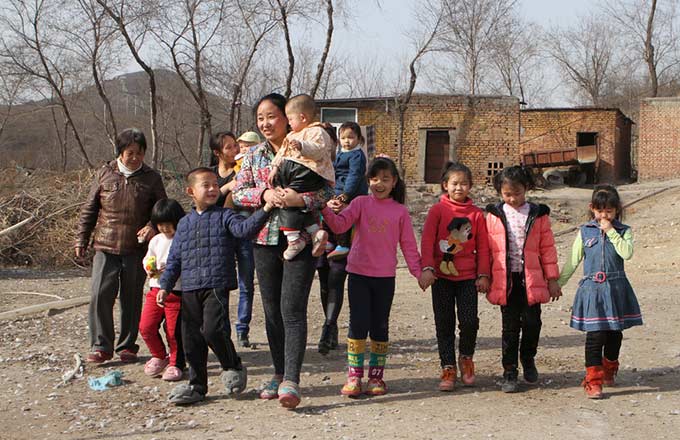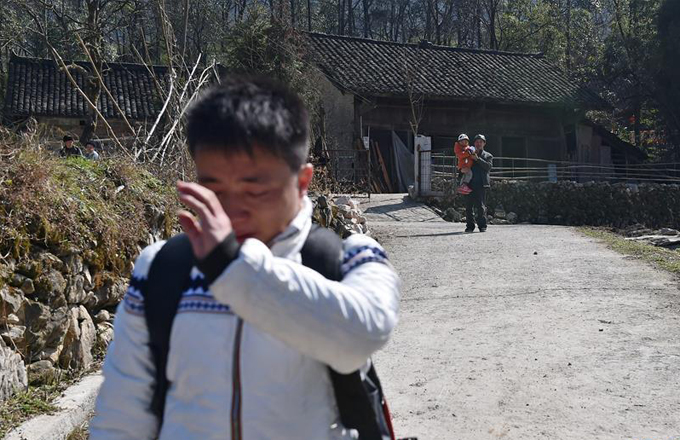Two dead from rare avian flu
Deaths in Shanghai from H7N9 are first cases of human infection
Two men in Shanghai have been confirmed dead from H7N9 infection, while a woman in Anhui province is in critical condition from the virus, the National Health and Family Planning Commission said on Sunday.
This is the first time a human infection from H7N9 has been detected. Little research has been done on this relatively unknown bird flu, and there are no vaccines against the virus.
The reported deaths were of an 87-year-old man who was found ill on Feb 19 and died on March 4, and a 27-year-old man who was found ill on Feb 27 and died on March 10. The third person, a 35-year-old woman from Chuzhou, Anhui province, is in intensive care in Nanjing, Jiangsu province.
It remains unknown how the three became infected, and experts said there are no signs that they contracted the disease from each other. There are also no signs of anyone in close contact with them being infected, according to the commission.
The World Health Organization is "closely monitoring the situation" in China, regional agency spokesman Timothy O'Leary said.
"There is apparently no evidence of human-to-human transmission, and transmission of the virus appears to be inefficient, therefore the risk to public health would appear to be low," O'Leary said.
Initial symptoms of the infection include fever, cough and difficulties breathing. On Saturday, the three cases were confirmed to be human infections of H7N9 avian influenza, based on clinical observation, laboratory tests and epidemiological surveys. The Chinese Center for Disease Control and Prevention isolated the virus on Friday.
The spokeswoman of the city's health bureau refused to say anything beyond the report released by the commission.
The World Health Organization, Hong Kong and Macao and "related countries" have been notified of the case, the commission said in its report.
H7N9 bird flu virus has not been contracted by human beings before. The virus shows no signs of being highly contagious for humans, according to clinical observation of people in close contact with those infected.
"One of the main criteria to tell if the virus can infect humans is to see if it can be transmitted between humans," Jiang Qingwu, dean of the public health school of Fudan University in Shanghai, was quoted as saying by Shanghai Dragon TV.
"So far, we see no signs of human transmission, which makes the virus still an animal one," said Jiang, who is also an expert on epidemiology.
The expert team is studying the toxicity and capacity of the virus to infect humans, according to the commission.
Two people confirmed by health authorities to have contracted avian influenza, or H5N1, died in Guizhou province earlier this year. A 21-year-old woman died of multiple organ failure on Feb 13 and a 31-year-old man died on Feb 22.
Ma Chenguang in Hefei, Xinhua and AP contributed to this story.
- 2 Chinese die from H7N9 bird flu
- 2 die in flu outbreak in Australia's Queensland
- Bird flu found on Dutch poultry farm
- Suspected H1N1 flu kills 5 in Libya
- Health officials refute charge of flu-death cover-up
- Vietnam put on high alert to bird flu outbreaks
- New drug developed to combat flu pandemic
- 110 released from bird flu quarantine
- Two cases of human bird flu reported in SW China
- Flu awareness comes in from the cold

























